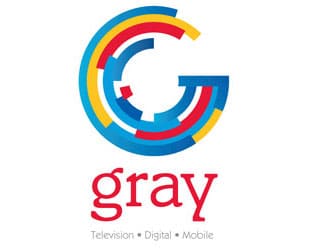Maxine Waters (D-CA) is back, and this time she has a bigger posse. She earlier fired off a letter to FCC Chairman Julius Genachowski pushing for field hearings on the proposed Comcast/NBCU merger complete with 45 co-signers. She has added 23 more to that group.
She added the new members to the original letter via an addendum, saying that taken as a whole the signatures represent a “geographically, ideologically and racially diverse group.”
Further, in a House Judiciary hearing on the DOJ, Waters asked Attorney General Eric Holder if he thought evidence brought to light via field hearings could help instruct the DOJ’s review of the merger, he said “they could be.”
“As stewards of the common good and as policymakers, it is important for us to do all that we can to ensure full transparency in the merger,” said Waters. “We’ve heard from many consumer and media advocacy groups who raise concerns about each company’s overall business activities related to programming, ownership and personnel diversity, and who fear that a merger of this size and scope would have a broad impact on the American consumer.”
She concluded, “I am pleased that more of my colleagues have joined me in this endeavor, and I am encouraged that FCC Commissioner Mignon Clyburn has voiced her support for public hearings on the merger as well. In an age of media consolidation and a lack of female and minority diversity in the boardroom, my colleagues and I are committed to a process that asks tough questions, provides answers, and ensures the American people that their best interests are considered.”
RBR-TVBR observation: Here is evidence that Waters well knows how to play the game in Washington. She made the exact same point awhile back that she is making now. It gets some press, and then it goes down the memory hole as new issues spring up and take center stage. So she patches on a few more signatures to the original document and brings it up again. And a week or so from now, Waters can collect another 20 signatures and do it a third time.
We believe that field hearings accomplish very little. They do not attract a cross-section of the American public, they attract activists; they do not attract satisfied customers of Comcast or NBCU, they attract people with a bone to pick.
But maybe it is a good think to force the two companies to face their detractors in public. They can attempt to turn such a meeting into a positive. It gives them a chance to explain themselves and to counter negative charges.
But in the end, although we aren’t philosophically opposed to the idea of field hearings, we just don’t think they tend to be very productive.




